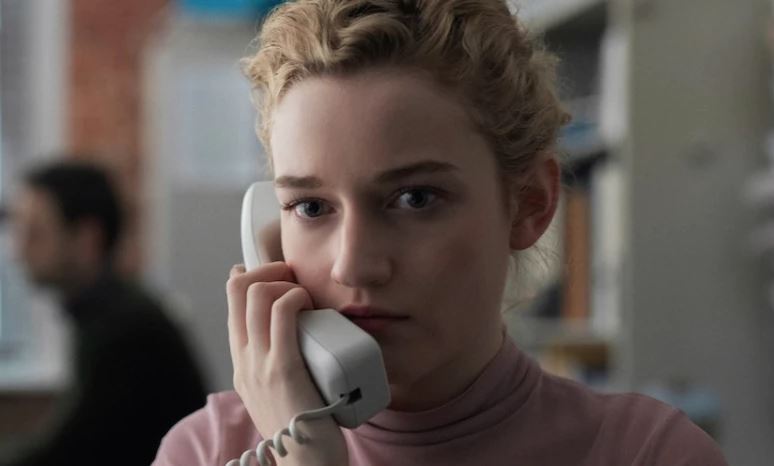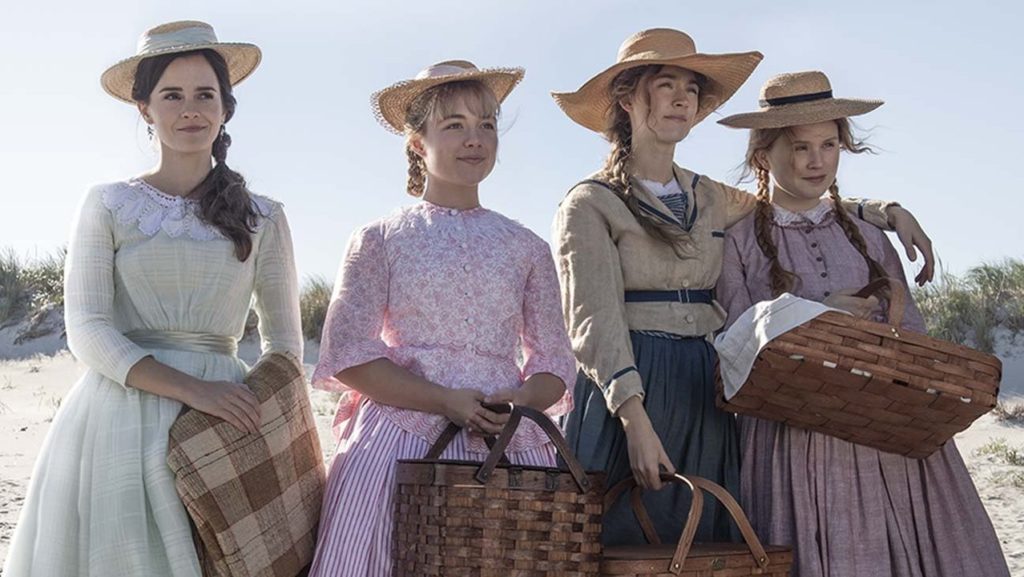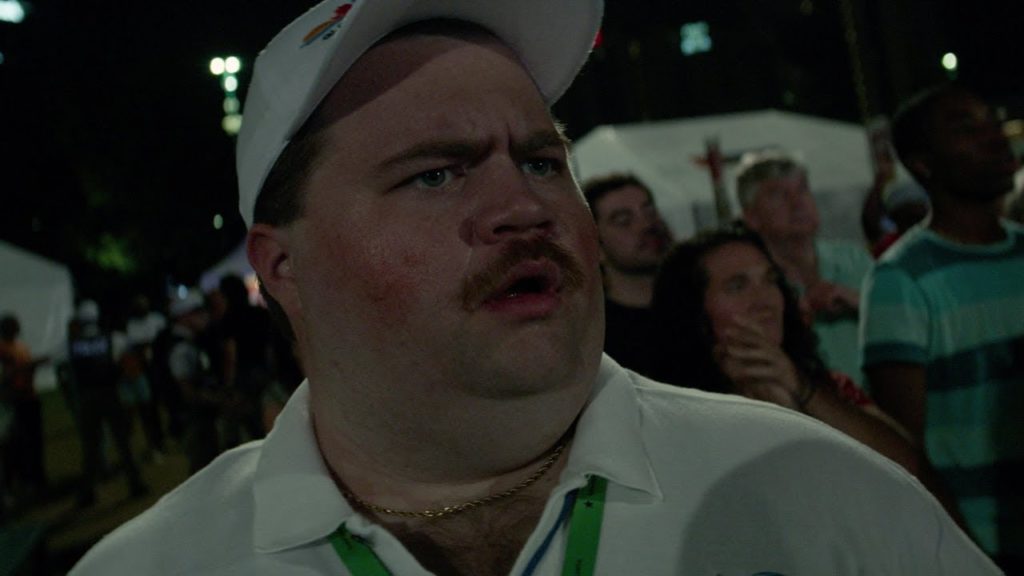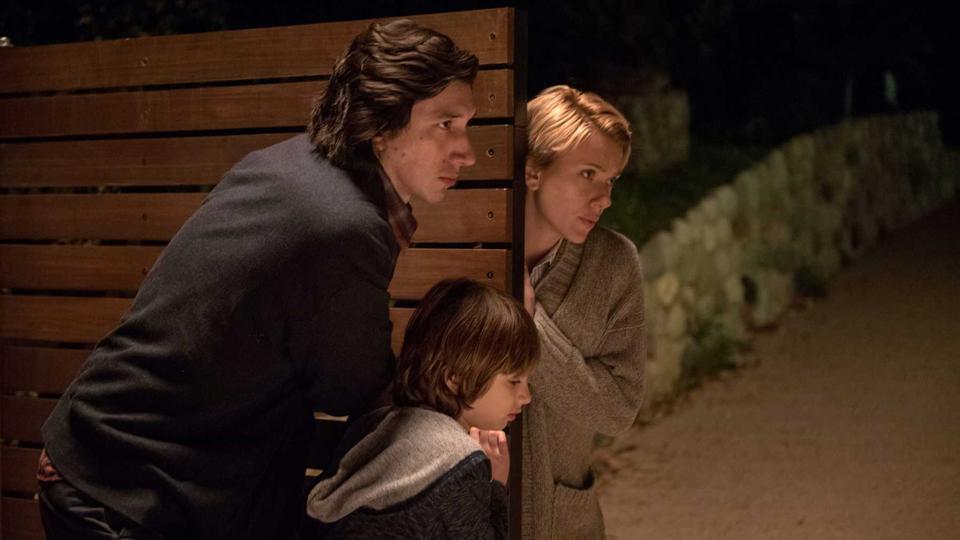Bad Education: Cleaning Up the District, Cleaning Out the Cash Drawer
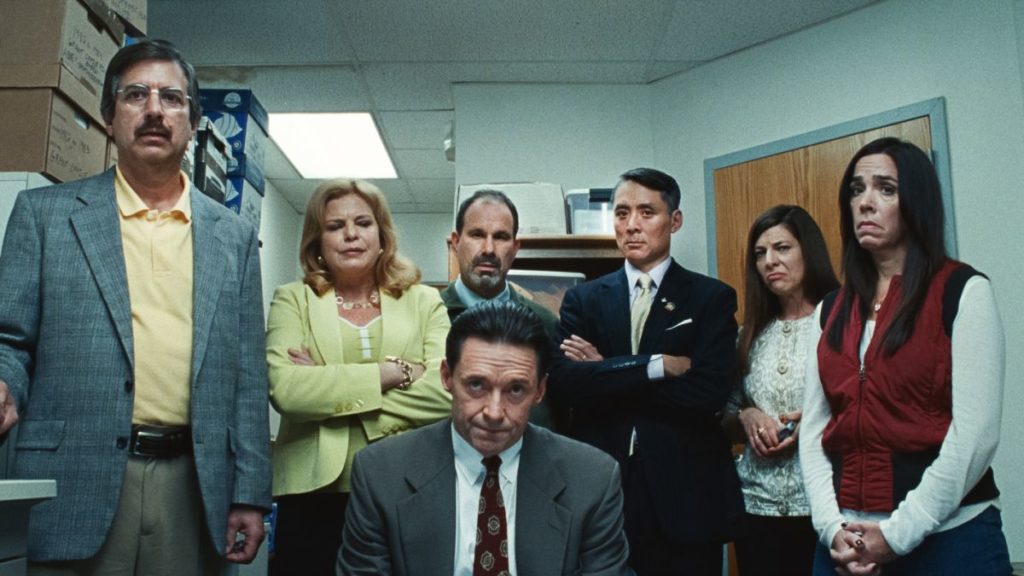
The lessons imparted in Bad Education aren’t typically taught in the classroom, but they’re nonetheless worth taking to heart. They include: Don’t give your corporate credit card to your no-account kids. Don’t schedule work trips to Las Vegas. And if you’re going to embezzle money from the school district that you run, do not—do not—encourage the student reporter writing a puff piece on your newest fancy expenditure to “dig deeper”.
The last of these nuggets of wisdom forms the linchpin of Bad Education, the spry and perceptive new movie from Cory Finley that’s currently streaming on HBO. An immensely promising young talent (he just turned 30), Finley’s debut feature was Thoroughbreds, an electrifying thriller about two teenage sociopaths who plot the murder of a loathsome stepfather. At first glance, his follow-up looks to be a dramatic departure; there are no off-screen stabbings, no portentous firearms, no dosed-up cocktails. But the two films do share a preoccupation with the falsehood of appearances: how conniving people construct polished exteriors in order to manipulate others. Finley’s characters tend to be sneakily more—and morally less—than what they seem. Read More

